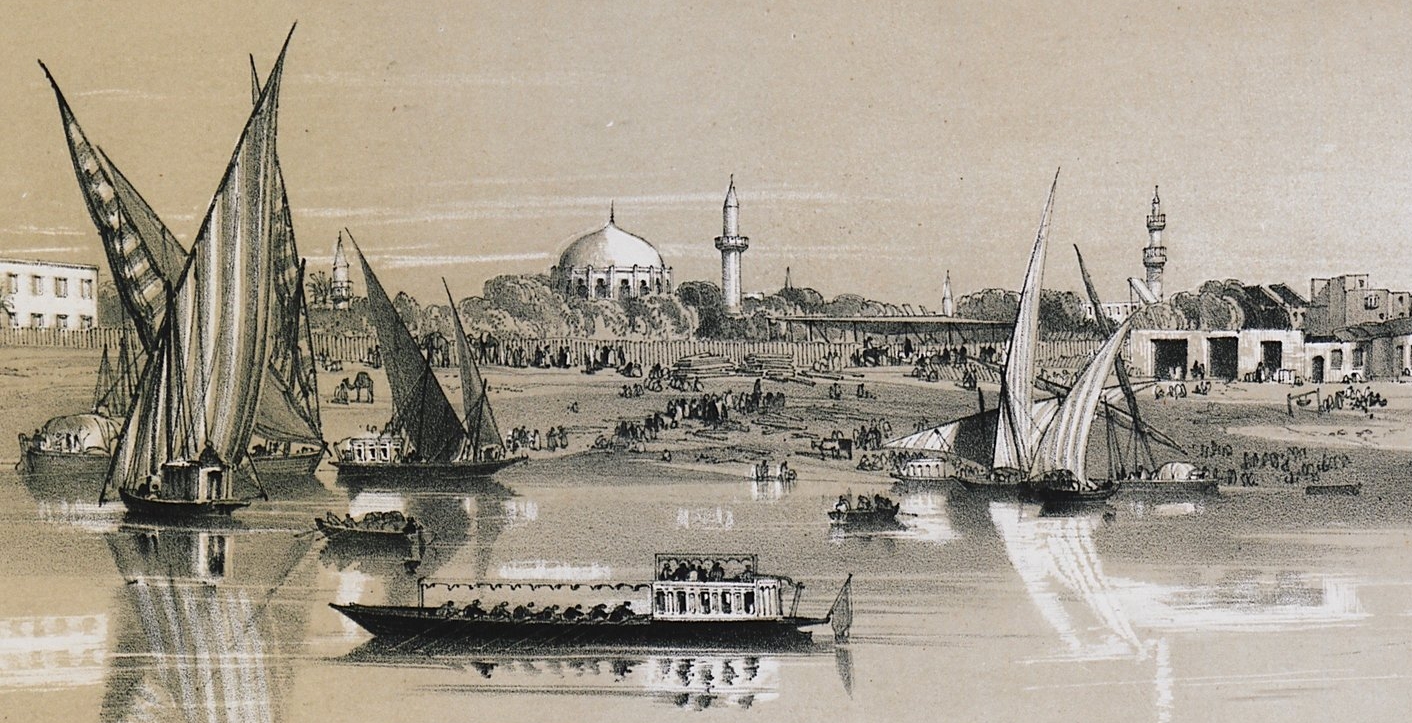12: All Over The Map
In this episode, we talk about debates surrounding Western military intervention in Syria; about Arab American writer Randa Jarrar and her Twitter rant against the late Barbara Bush; and about whether there is any alternative to the term “Arab world.” Also Ursula has a squeaky chair.
Show notes
- At the recent Yale symposium on translation, Samah Salim discussed the relationship between translator, text, and paratext in “Paratext and Political Translation,” with a focus on the introduction, footnotes, and glossary of her translation to Arwa Salih’s The Stillborn. Kamran Rastegar talked about “Translational Infidelity: Paul Bowles’ notes on For Bread Alone.”
- If you are near Princeton on April 23 at 4:30, do come hear MLQ speak about “Shifting Local, Regional, and International Pressures on Arabic Literature.”
- The winner of the International Prize for Arabic Fiction will be announced Tuesday, April 24. MLQ’s prediction of Aziz Mohammed’s The Critical Case of K as the winner will almost certainly not come true.
- A Tree Whose Name I Don't Know, by Golan Haji,tr. Haji & Stephen Watts, was a favorite of MLQ’s that did not make the recent Best Translated Book Award poetry longlist.
- Tales of Yusuf Tadros, by Adel Esmat, tr. Mandy McClure, has just been released in English and MLQ was hoping it will receive some prize attention.
- Leila al-Shami, co-editor of Burning Country: Syrians in Revolution and War, is author of “The Anti-Imperialism of Idiots.”
- Randa Jarrar is the author of A Map of Home (2008), Him Me Muhammad Ali (2016) and a handful of tweets about the late Barbara Bush’s legacy that were turned into a major trolling campaign and news story. She teaches at Fresno State, where President Joseph Castro has suggested the university is investigating her tweets, which, he has alleged, “wasn’t just a free speech issue.”
- In “Can Muslim Feminism Find a Third Way?” Ursula writes about the resignation of Asma Lamrabet, a well-known Moroccan feminist, from her position at the Mohammedan League of Scholars. Lamrabet was also discussed in Episode 2.











